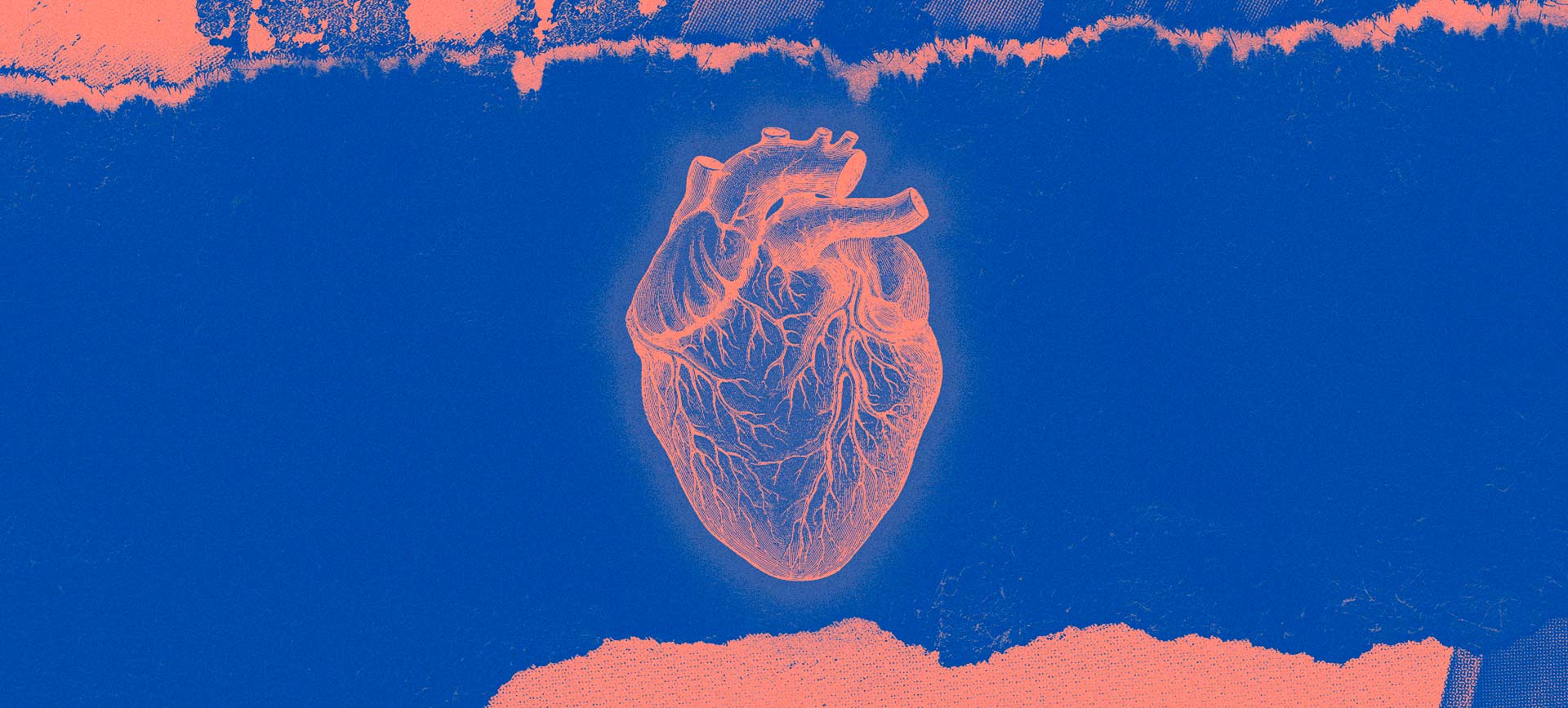A heart disease diagnosis is a red flag, but it's a diagnosis that can be improved upon with some effort. A person can gain control in many ways, improving and possibly even reversing heart disease.
"We can treat [it] early and prevent heart disease," said Michael Farbaniec M.D., a cardiologist with Penn State Health in Hershey and Harrisburg, Pennsylvania.
Any kind of physical activity that gets the heart pumping is better than zero exercise.
"Move your body in any way that you like," Farbaniec said. "It doesn't matter. Do you want to dance? Dance. You want to run? Run. You don't have to do what's typical. You can do it. Just dance. Do yoga. Anything is better than nothing. Just keep moving."
The American Heart Association (AHA) recommends everyone get at least 150 minutes per week of moderate-intensity aerobic activity, or 75 minutes per week of vigorous aerobic activity.
About 1 in 5 adults and teens get enough exercise to maintain good health, according to the AHA.
"As you get older…even less intense exercise can still decrease your risk of developing heart disease or worsening heart disease in a lot of cases," Farbaniec said. "Even something as simple as a walk can make a huge difference when we're talking about our 60s and 70s.
"But again, if you're able to do moderate intensity, take advantage. Do what your body will allow you to do," he added.









